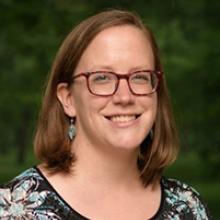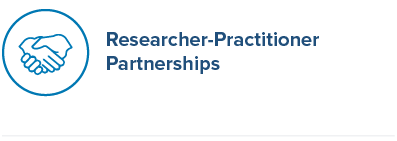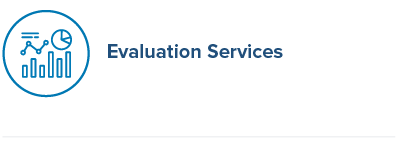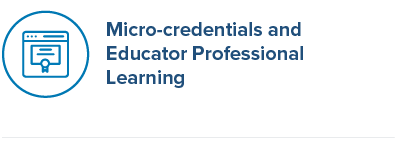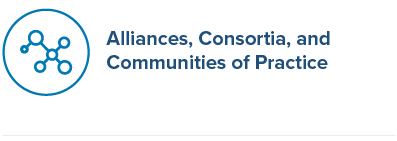Center for Evolving Computer Science Education (CS@AIR)
In the 21st century, computer science is both an academic discipline and a fundamental literacy. CS@AIR builds, uses, and leverages evidence to ensure that every student has access to inclusive and high-quality CS education.

Over the last 20 years, computing technologies have become critical and pervasive parts of the lives of all teachers, students, and adults. Accordingly, providing high-quality computer science education to every student is an urgent need. Computer science education will support students to become not only proficient users of technology to shape and enhance their own lives, but also creators of technology that can serve the needs of their families and communities.
CS@AIR is a group of passionate and dedicated researchers and technical assistance providers working to improve and broaden access to computer science education nationwide. Our project teams leverage expertise in computer science, instructional design, culturally responsive teaching, STEM learning, and a variety of qualitative and quantitative research methods to answer questions and develop resources of interest to computer science education stakeholders.
We partner with state departments of education, school districts, practitioner organizations such as the Computer Science Teachers Association, and others and tailor every project to the needs and interests of our partners.
Our Work
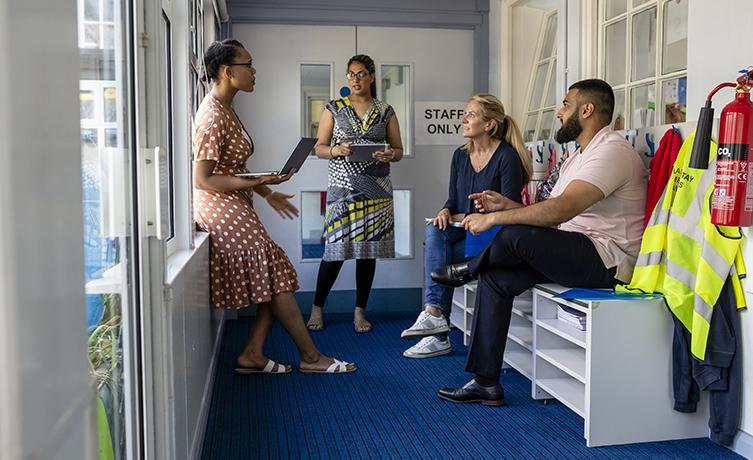
At CS@AIR, we believe that computer science is both an academic discipline and a fundamental literacy in the 21st century. Our portfolio of projects illustrates how we build, use, and leverage evidence to ensure that every student gets access to inclusive and high-quality CS education.
Our projects include
- Researcher-Practitioner Partnerships (RPPs), emerging approaches in which researchers work with teachers, counselors, and school administrators as equal partners to address complex and persistent problems of practice in the field;
- Evaluations that span from designing and implementing studies as part of research funded by the U.S. Department of Education;
- Micro-credential and educator professional learning programs being explored by school districts and states as an alternative pathway for computer science teacher licensure; and
- Alliances, consortia, and communities of practice, models of collaboration in recognition that not a single person or entity has all the answers, resources, or solutions.
Please visit our project pages to learn more about our work.

